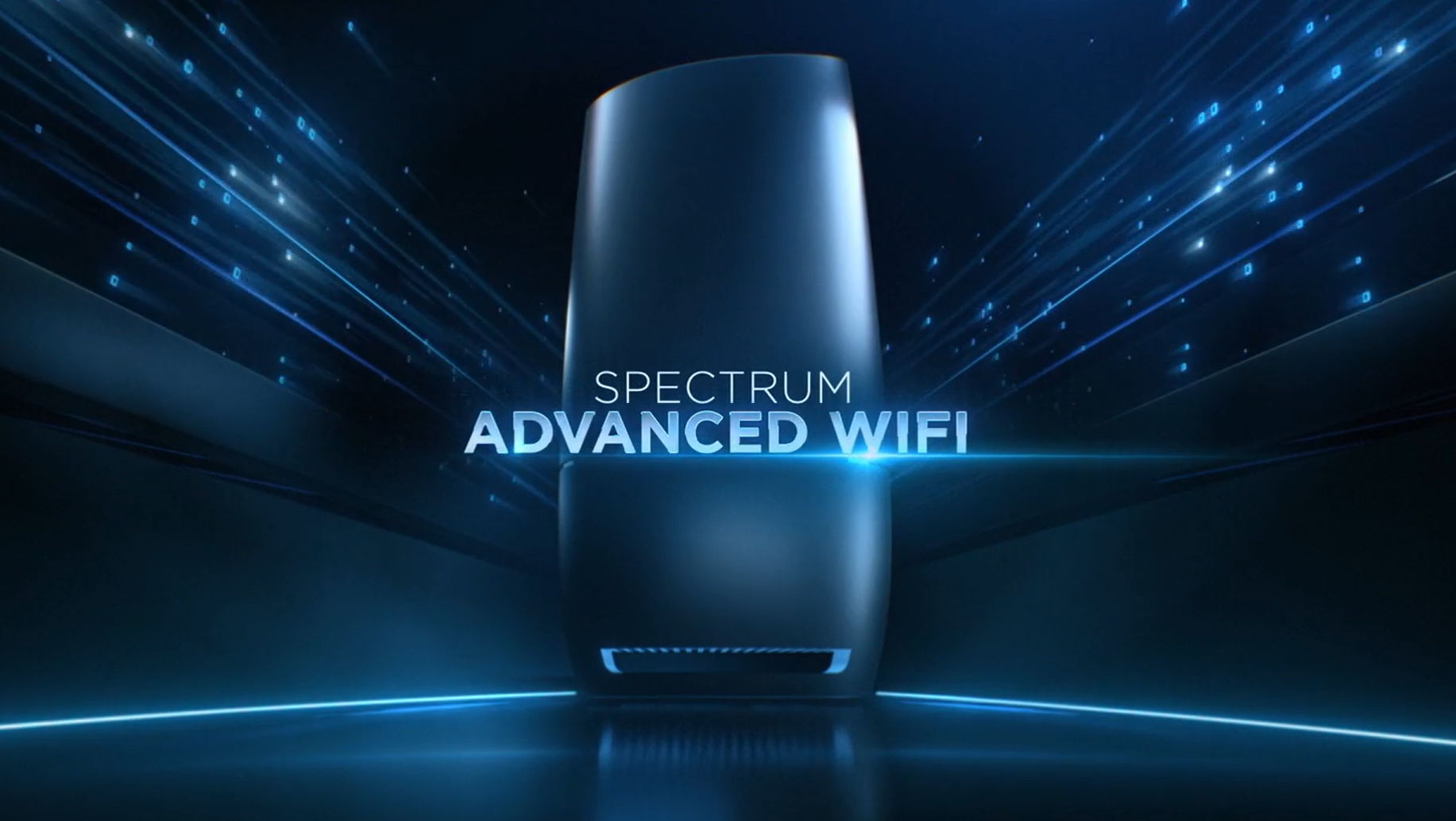No one needs TV or radio either. There are plenty of things we don't need that we all want to have.Well, since people lived for 10s of 1000s of years without it, no one "needs" the internet.
But, on a less hyperbolic note, no, no one really "needs" HD video quality internet, which did not even exist not 20 or even 15 years ago. If you have kids in school, or are in school yourself, or work from home (AKA pay for infrastructure your boss should provide for you at work) or so on, you need a certain level of basic internet. For everyone else, it can be a way of paying bills, reading mail, and so on, but that level is far from an HD quality level needed to support multichannel HD video, but that is a luxury. No one "needs" that.
This is why the cost of such internet should be included when foolishly talking about how much money one "saved". You paid for the delivery system too. Include that cost.
There are no savings. Just a consuming public, unprotected. Now having to pay for the same content, two or three or more times.
The internet is the delivery system now for everything. So yes we do need it.



